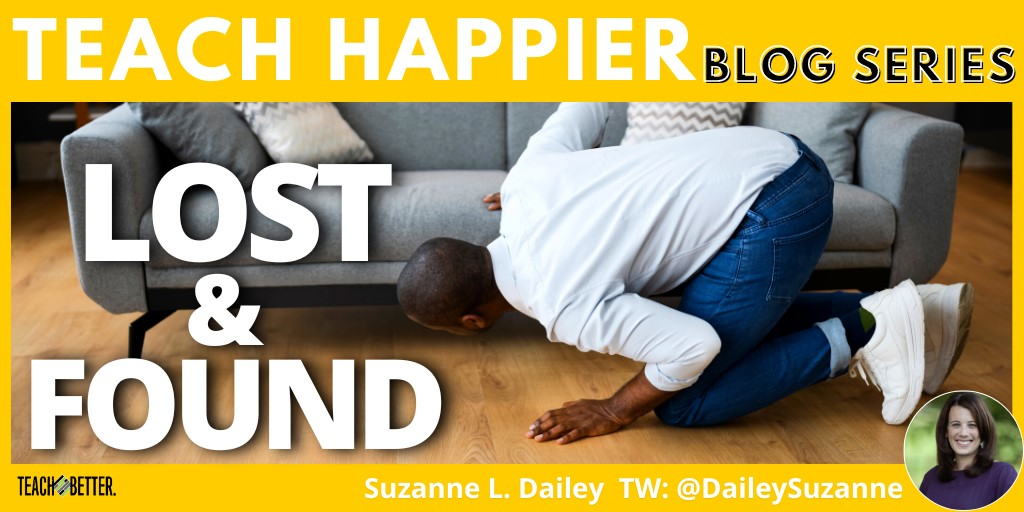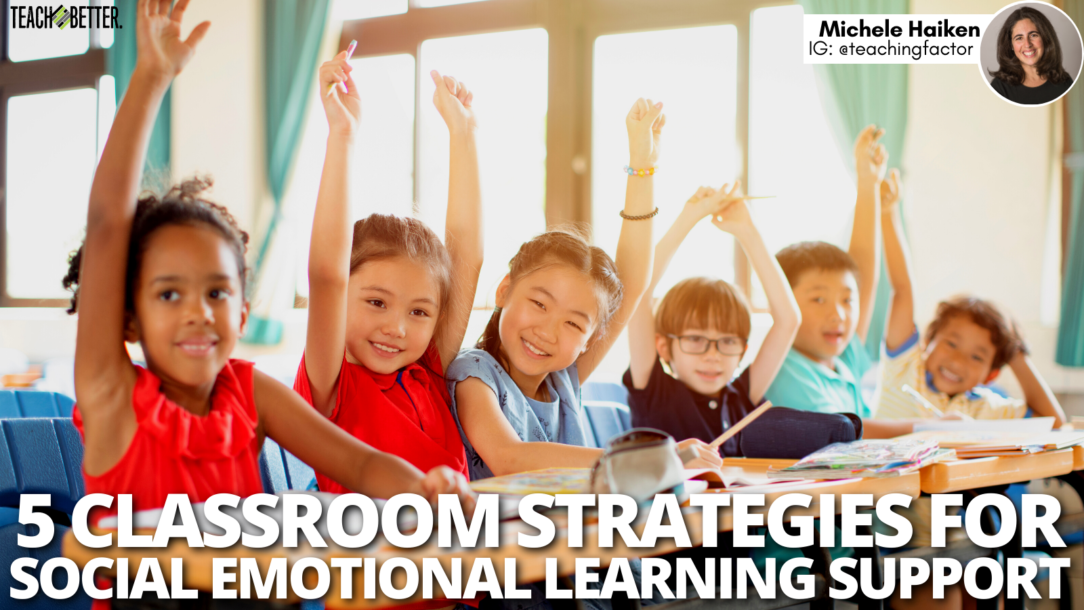TL;DR: November 1st marks a special day for various groups to honor their loved ones who have passed away. Suzanne shares her personal experience with grief and how she’s found ways to honor and remember her loved ones. The key message is to bring the qualities you loved about the people you’ve lost back into the world through your actions … Read More
Stay the Course in Ed Leadership
TL;DR: Educational administrators face challenges: workload, autonomy, isolation, and prioritization. Strategies include delegation, speaking up, staying connected, and using data. Persistence is essential for effective educational leadership. Stay the Course in Ed Leadership Not sure you want to stay the course in ed leadership? In the fast-paced world of educational leadership, staying persistent is like a guiding light for administrators … Read More
Cognitive Student Engagement in 2023
TL;DR: Explore the evolution of student engagement in the post-COVID-19 educational landscape. Do this with a focus on aligning education with student needs and passions. Gain insights from John Dewey’s philosophy and John Hattie’s research on empowering students in their learning. Learn strategies to enhance student engagement, including building personal connections, setting high expectations, differentiating grading, and giving students control … Read More
The Heart of Education: Taking Risks
TL;DR: Taking risks makes teaching more exciting and fulfilling. Start small with change to accomplish more in the long run. Risk-taking is easier for students when we build them a safety net. Failure is natural. Show students it’s okay to fail as long as we try again. Growing up, we’re taught to be careful: to wear helmets and knee pads … Read More
5 Classroom Strategies for Social Emotional Learning Support
TL;DR: Social emotional learning is already integrated into everyday teaching, helping students develop essential life skills alongside academic knowledge. Teachers can enhance SEL by implementing intentional strategies, such as reflection for self-awareness, authentic assessments for social awareness, choice boards for responsible decision making, checklists for self-management, and promoting collaboration and cooperation for building relationship skills. These practices align with CASEL’s … Read More





